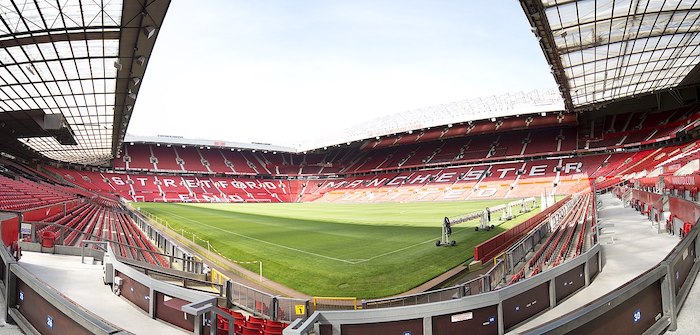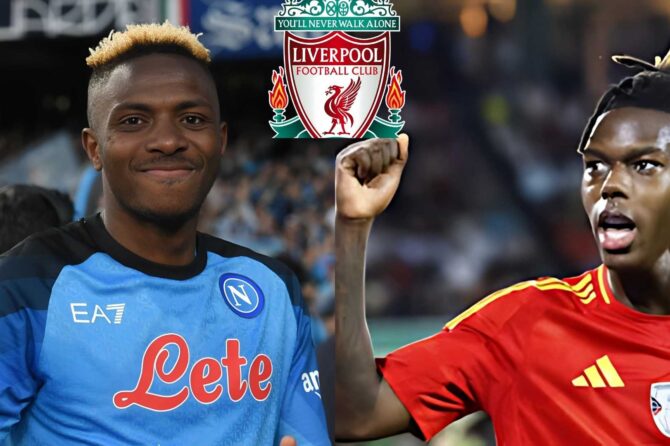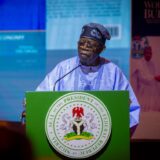The Decision
Manchester United’s recent decision to raise ticket prices for members to £66 has ignited significant controversy among fans. This move, coupled with the removal of concession prices for the remainder of the season, reflects broader financial strategies aimed at addressing the club’s substantial debt. However, the backlash underscores the growing tension between football clubs and their loyal supporters, raising critical questions about the affordability and accessibility of the sport for fans.
The Reason Behind the Price Hike
Co-owner Sir Jim Ratcliffe wants to make United more financially sustainable. In addition, the club’s debt totals £714m. This includes non-current borrowings of £481.7m and current borrowings of £232.3m. Moreover, Ratcliffe believes that more prudent investment in the football operation is the prime way to make United more financially sound.
The Impact on Fans
The price hike has been met with dismay by the supporters’ trust. Meanwhile, fans fear that this is the first step towards a significant price rise next season. Additionally, the removal of concession tickets for certain groups has also caused unhappiness.

The Protest Against Ticket Prices
United and Everton fans will stage a protest against ticket prices on Sunday. In response to the price hike, supporters will gather next to the trinity statue outside Old Trafford. They will support the Football Supporters’ Association’s Stop Exploiting Loyalty campaign.
The Future of Ticket Pricing
The decision to raise ticket prices has sparked a debate about the cost of attending football matches. As a result, fans want more affordable ticket prices and greater transparency from clubs. Consequently, the relationship between fans and clubs is changing.
The Role of the Football Supporters’ Association
The Football Supporters’ Association is playing a key role in the debate. Meanwhile, their Stop Exploiting Loyalty campaign calls for more affordable ticket prices. Furthermore, the campaign has gained widespread support from fans.
The decision to increase ticket prices at Manchester United highlights a pivotal challenge in modern football: balancing financial sustainability with fan loyalty. While the club faces significant financial pressures, including a £714 million debt burden, the move risks alienating a dedicated fan base already strained by rising costs. This controversy underscores the need for football clubs to engage transparently with supporters and consider the social impact of their financial decisions.
As protests gain momentum and campaigns like the Football Supporters’ Association’s “Stop Exploiting Loyalty” movement gain traction, clubs must rethink their approach to pricing and fan engagement. Ensuring that football remains accessible to its core supporters is not just a financial imperative but a moral one, vital for preserving the integrity and community spirit that define the sport.
















